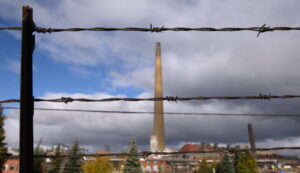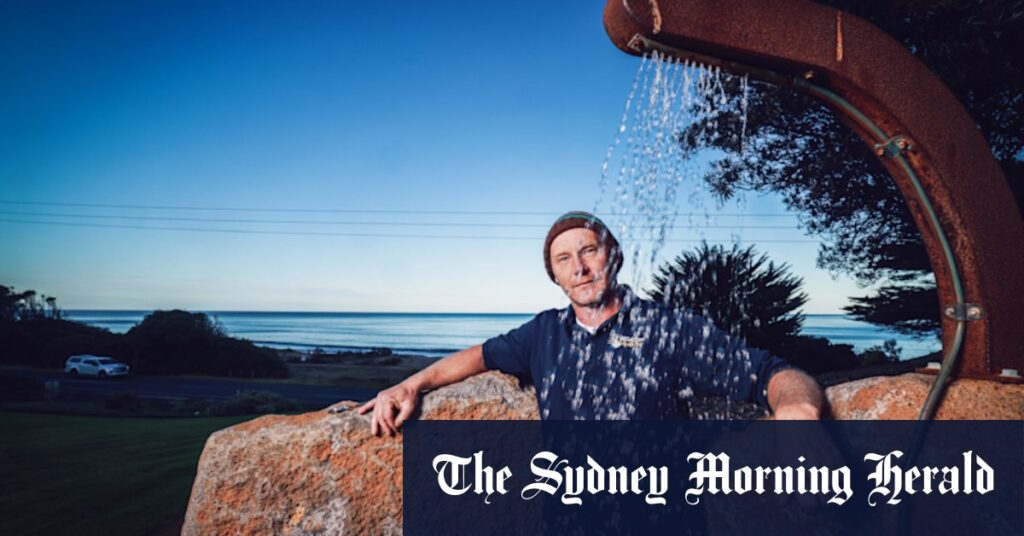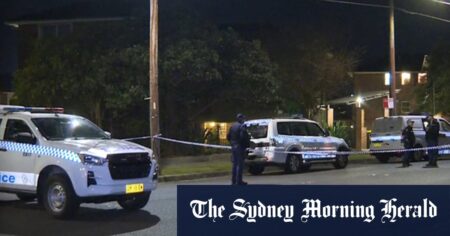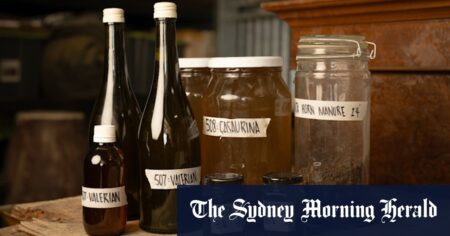The park has digital water meters installed, which helps to better detect leaks, and removed old spas from some rooms, which has helped save water. Park management is also considering using recycled water for toilet flushing, and harvesting more rainwater.
“These are not conversations we’re having because we’re on water restrictions,” McGowan said. “These are things we’ve been working on for some years to become more efficient.”
This month, Victorian Water Minister Gayle Tierney told a public accounts and estimates committee hearing that Apollo Bay might progress to stage 4 restrictions, the most stringent category, depending on rainfall. Heavy rain over the King’s Birthday weekend has allayed the likelihood that water restrictions will be tightened in Apollo Bay.
However, climate change is expected to continue putting pressure on Victoria’s water supplies.
“We know in years to come, we will see less overall rainfall, while our population continues to grow,” Tierney told the committee.
Tierney has recently ordered 50 gigalitres of water from the desalination plant in Wonthaggi, on the Gippsland coast, which can be distributed to Melbourne and Geelong. She said the desalination plant had contributed 550 gigalitres to water storage levels since 2016-17.
Drought has plagued much of Victoria. Credit: Joe Armao
That was enough to fill the MCG 320 times, the minister said.
Honorary professor Stephen Gray, a water treatment expert at Victoria University, said the desalination plant contributed to Melbourne’s water system, which was linked to Geelong. Water can also be distributed to some towns in southern Gippsland.
Gray said the desalination plant had helped Melbourne avoid water restrictions.
“It has provided a safety net so far,” he said.

A sign on the road to Apollo Bay warns visitors of water restrictions. Credit: Nicole Cleary
However, he said many towns in regional Victoria had their own isolated water systems that could not be connected to the desalination plant.
Gray suggested the state might in the future need to consider further water infrastructure measures, including another desalination plant or even using recycled water.
This week, Apollo Bay’s water storages sat at just under 35 per cent, up from about 20 per cent earlier this month. Apollo Bay draws its water from a closed system, which means it cannot access water from the desalination plant or other regions.
Loading
Barwon Water managing director Shaun Cumming said the region received more than 50 millimetres of rain over the June long weekend.
“It is unlikely that we will need to introduce stricter water restrictions in the Apollo Bay area this winter. We’ll continue to monitor water demand, storage levels and climate forecasts to determine when we can ease the current stage 3 restrictions,” he said.
Adrian Davidson, the manager of the Big 4 holiday park in Apollo Bay, said many visitors come from Melbourne, Ballarat and Geelong, so were unaware the area is now subject to water restrictions.
Earlier this year Apollo Bay and the neighbouring towns of Marengo and Skenes Creek were placed on stage 2 restrictions, which was later hiked to stage 3 as the drought deepened its hold.
Recently, an electronic sign was erected on a main entrance into Apollo Bay, alerting visitors to the water saving measures. Davidson said it was crucial his park was a responsible water user.
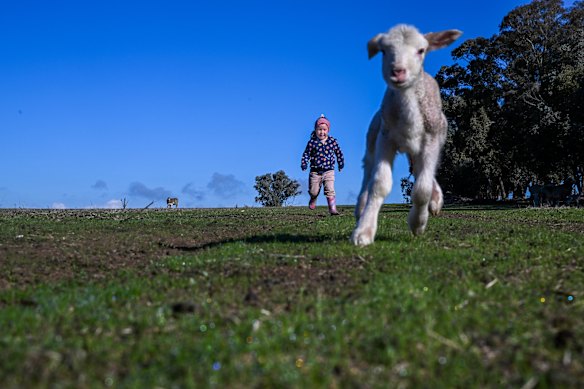
Recent rain has brought some relief to farmers, such as this farm in Benalla.Credit: Joe Armao
“It’s critical for us to set an example. If we’re not doing it, why should anyone else?” he said.
There is a range of restrictions under stage 3, including bans on watering residential and commercials lawns. And gardens can only be watered with dripper systems on alternate days between 6am and 8am. Only the windows, lights and registration plates of cars can be washed at home.
Under stage 4 restrictions, councils and schools cannot water sports grounds or gardens at any time.
Central Highlands Water said extremely dry conditions and the lowest soil moisture on record in the Daylesford and Hepburn region to the end of May prompted the decision to introduce stage 2 restrictions from July 1.
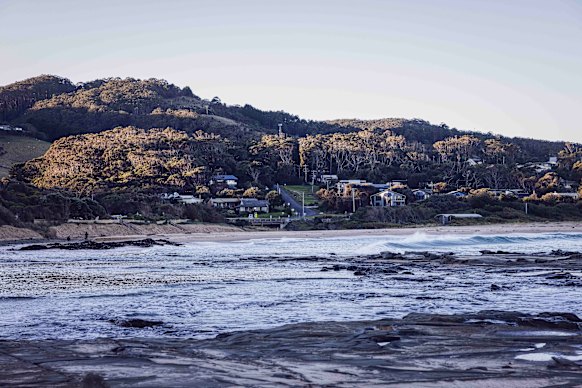
Apollo Bay was on the cusp of tighter water restrictions until heavy rain fell over the King’s Birthday weekend.Credit: Nicole Cleary
Central Highlands Water managing director Jeff Haydon said the low-level restrictions were being implemented to raise awareness about water efficiency.
“Our goal is to lift restrictions as soon as conditions allow, but if dry weather and soil conditions persist, further restrictions may be necessary,” he said.
Watering lawns is not permitted under stage 2 restrictions, but gardens can be watered with handheld hoses fitted with trigger nozzles, watering cans or buckets at any time.
The state government was contacted for comment.
Start the day with a summary of the day’s most important and interesting stories, analysis and insights. Sign up for our Morning Edition newsletter.
Read the full article here



